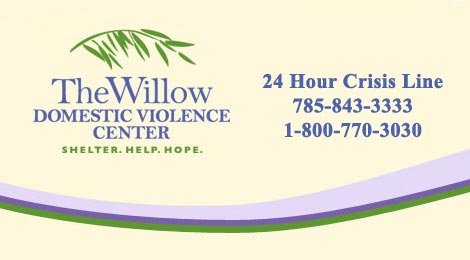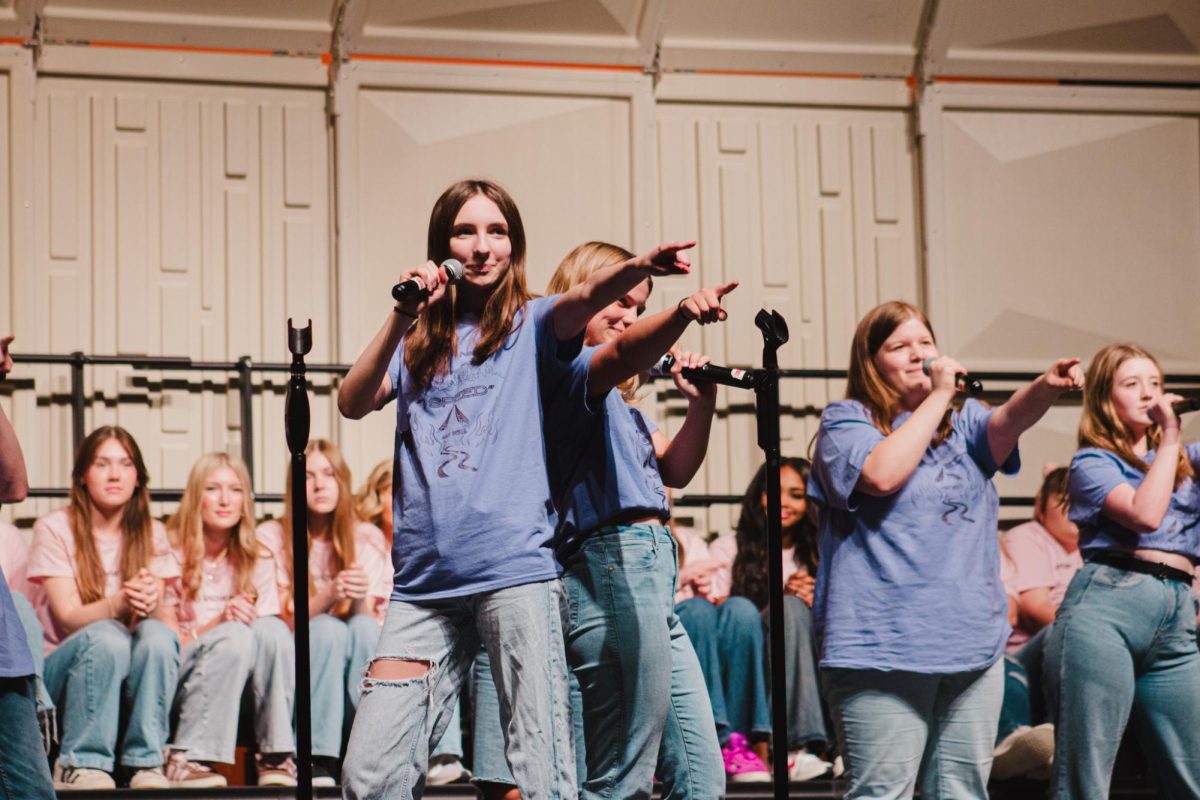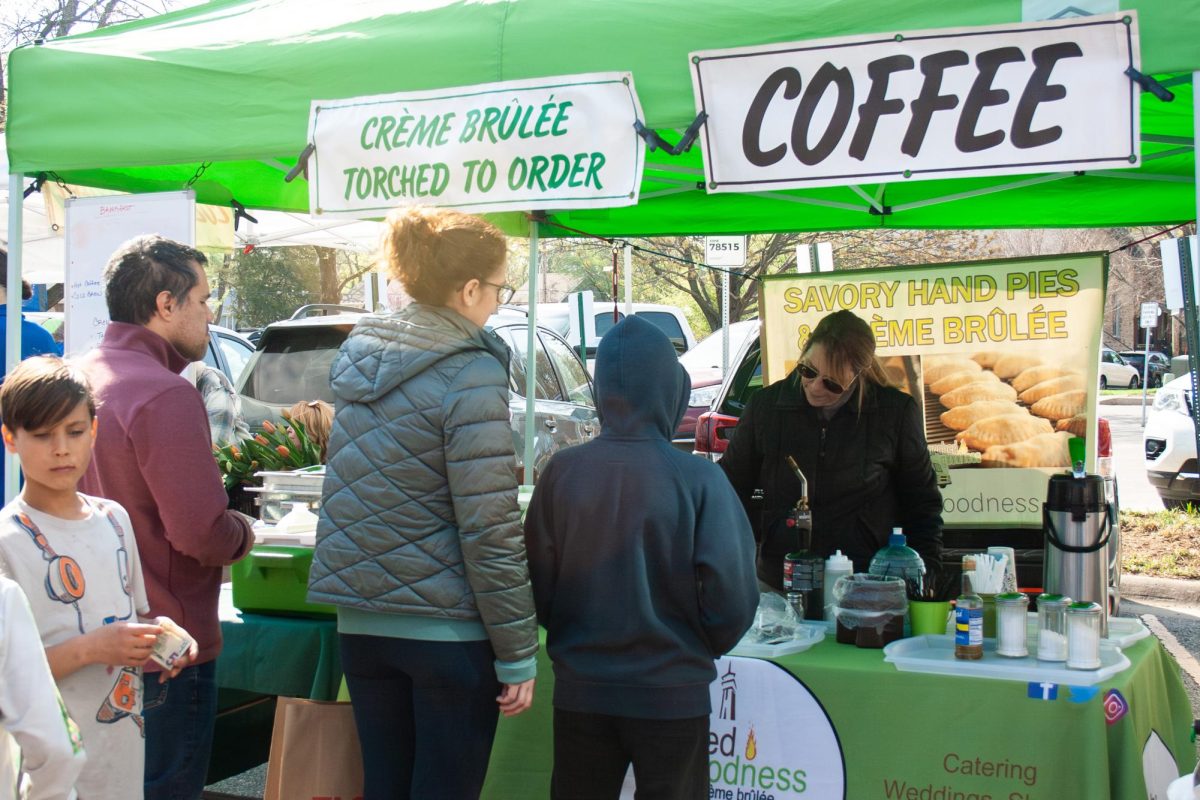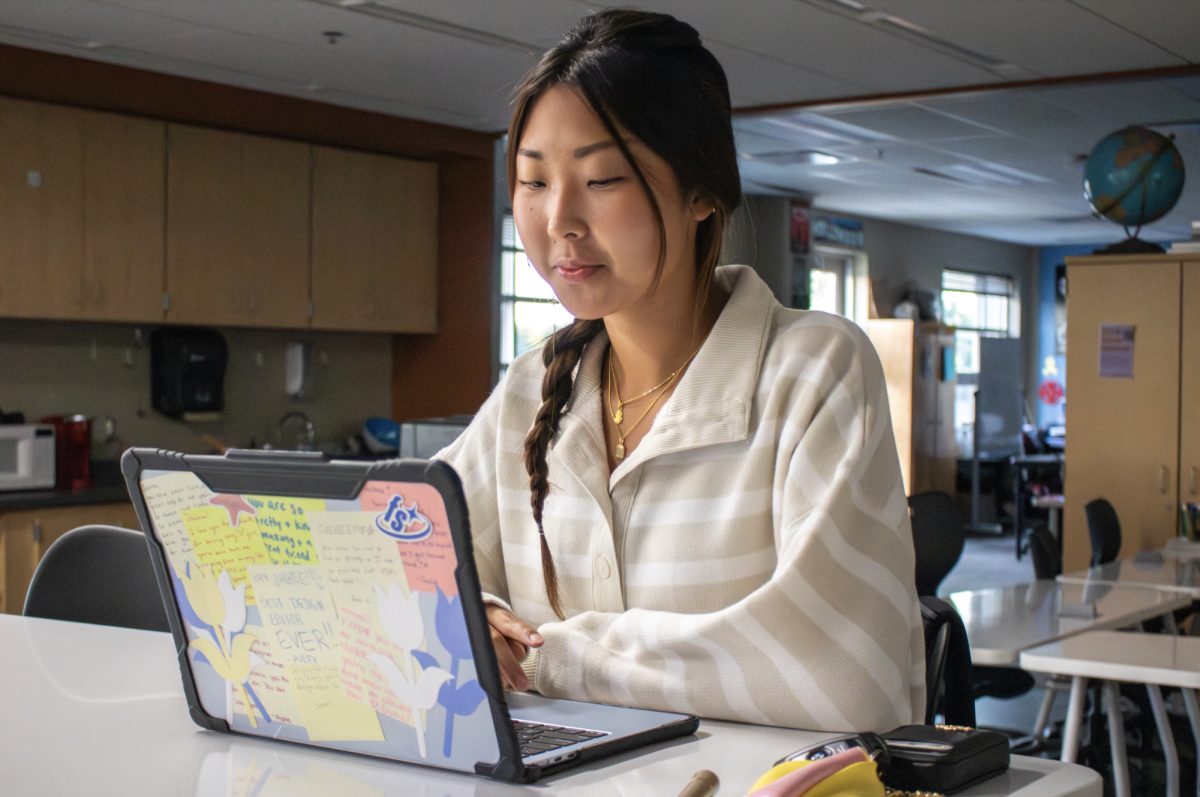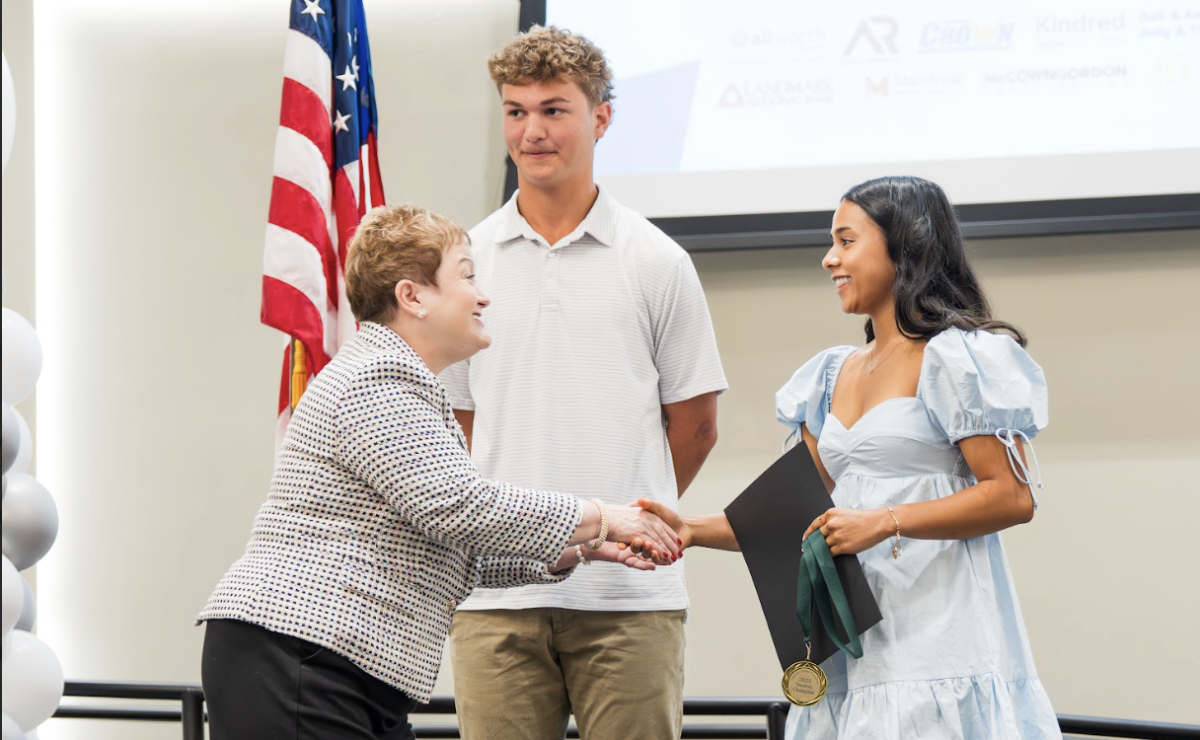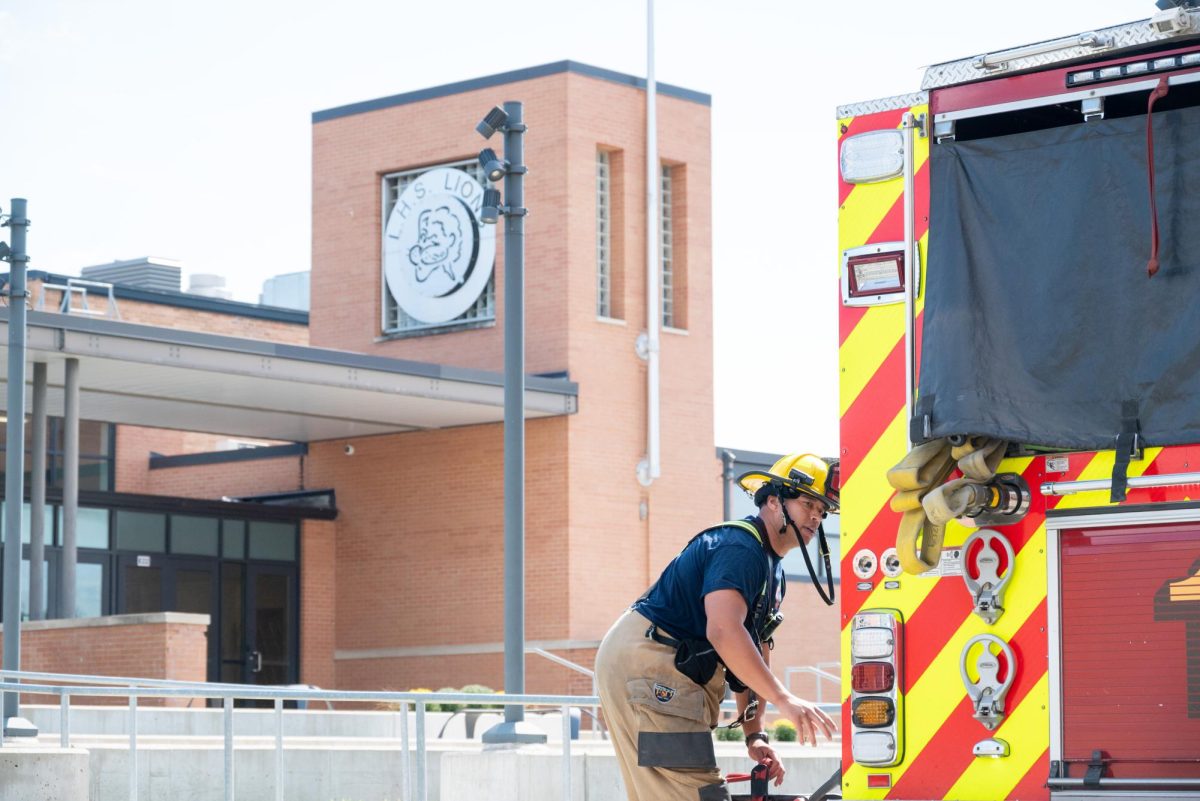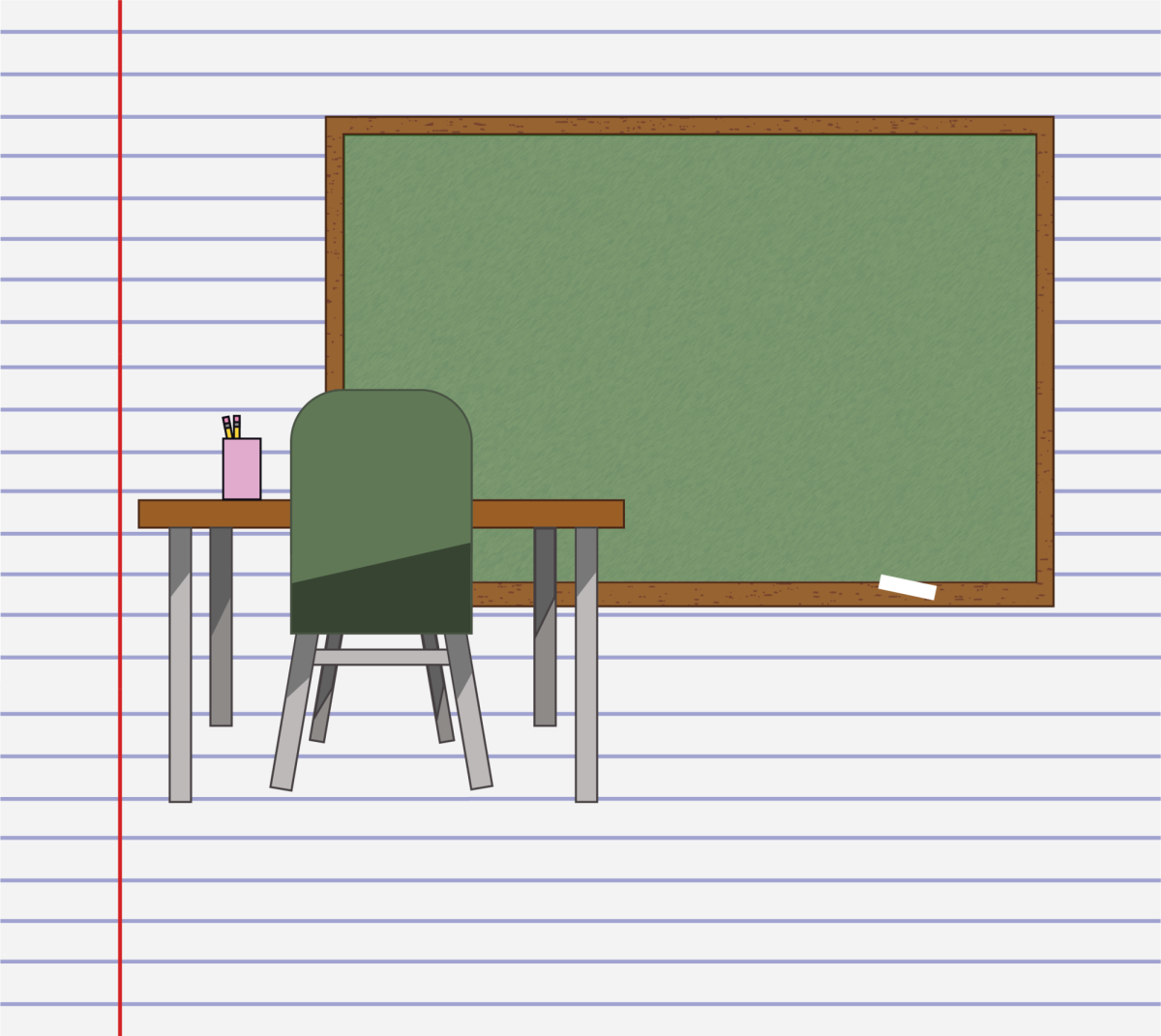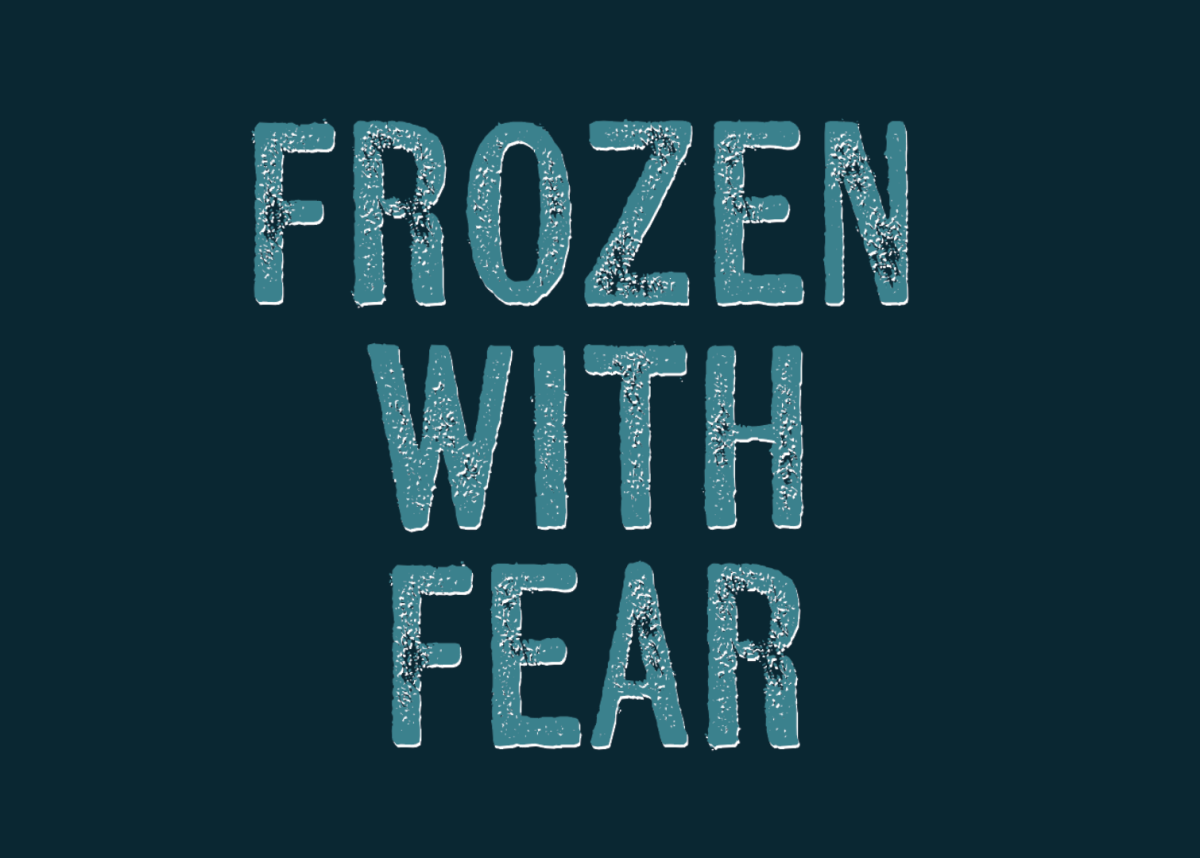Almost 1.5 million high school students nationwide experience physical abuse from a dating partner in one year, yet only 33% of teens tell someone about it, according to loveisrespect.org.
Domestic abuse is much more pervasive in teen relationships than most people think. This is why people such as Danielle Onions, of the Willow Domestic Violence Center in Lawrence, create programs such as the Teen Dating Violence Prevention Program, a series of live presentations.
The program focuses on “defining unhealthy behaviors and relationships… but also on modeling and exploring what healthy and positive behaviors and relationships look and feel like.”
“The most effective way of combating dating violence in teens is education. Youth need to hear this message just as much if not more than they need to hear about the dangers of alcohol abuse, smoking, or sexually transmitted diseases.” Onions said.
She believes that the program has thus far been successful by invoking the kind of discussion and thinking about violence that isn’t usually brought up.
Their demonstrations are incredibly flexible; they do faculty training sessions, parent groups and student talks.
“Some staff members have invited the organization in to speak on a curriculum-related topic,” Principal Ed West said. However, he does not have plans to have the entire school engaged in an assembly-style presentation.
With up to 50% of female American high school students reporting having already experienced teen dating violence,* this program could be incredibly helpful to friends, parents and victims themselves.
The Willow Domestic Violence Center believes in empowerment philosophy. This includes administering information and counseling and believing that the woman is the expert in her own experience.
“That philosophy extends into the Teen Dating Violence Prevention Program in terms of curriculum, approach, and implementation. For example, TDVPP often emphasizes the role of bystanders, like family and friends, who should not demand or pressure a victim into any course of action, but rather offer emotional support, resources, and an open mind.” Onions said.
There are many opportunities to help the Willow Domestic Violence Center beyond simply donating money. After attending a 40-hour volunteer training session, one can begin counseling battered women, answering the crisis line, and providing court encouragement. Visit http://www.willowdvcenter.org for more information.
If you are questioning whether or not you or someone you know is in an unhealthy relationship, see if any of these warning signs apply:
– Your partner is jealous or possessive
– Your partner constantly criticizes you, or makes you feel incompetent
– Your partner blames you for most of the problems in your relationship
– Your partner hits, yells, throws things, or calls you names when he/she is angry
The National Domestic Violence Hotline is open 24 hours a day, 365 days a year and is toll-free. The number is 1-800-799-SAFE(7233).
*Bureau of Justice Special Report: Intimate Partner Violence, May 2000


